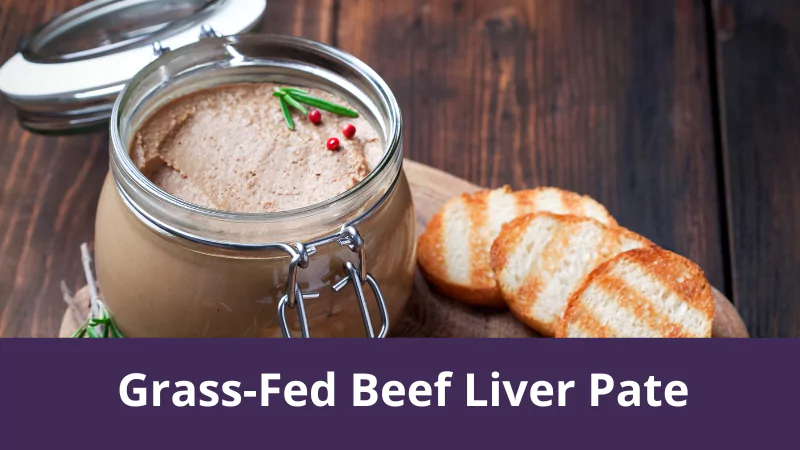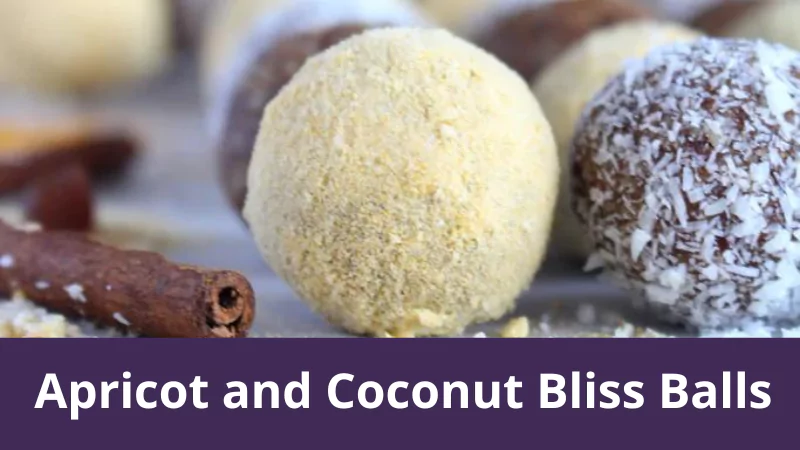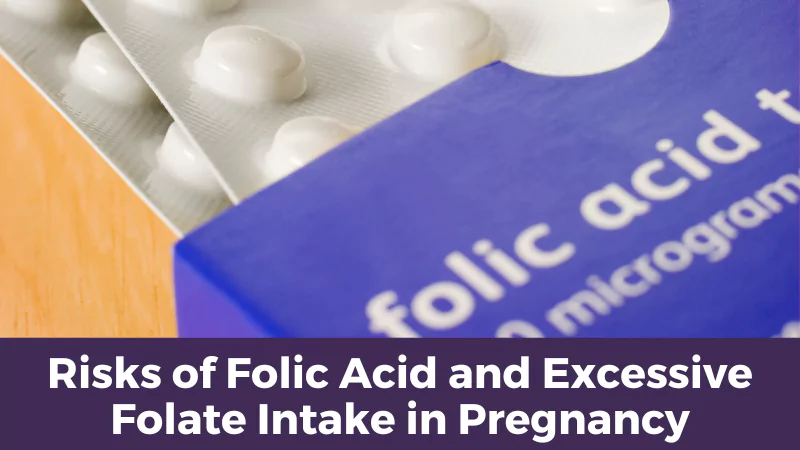Tackling High Cholesterol Issues
Should I take statins for high cholesterol?
Statins are drugs that block cholesterol synthesis and induce the absorption of accumulated cholesterol in the body.
When a person has excess cholesterol in the blood, it accumulates on the walls of arteries, ultimately resulting in heart attack or stroke. Therefore, statins serve as an ideal therapy for patients suffering from heart disease caused by high cholesterol.
However, statins have several side effects including muscle pain, headache, nausea, confusion, flushing, and in rare cases liver damage or memory loss. Thus, it is important to define certain criteria to identify those patients that actually need statins.
According to the guidelines designed by the American Heart Association (AHA) and the American College of Cardiology (ACC), only the ‘high risk’ patients are eligible to get the statin therapy. These ‘high risk’ patients include
- Those with an existing heart disease.
- Those with an LDL level of 190 mg/dL or higher.
- Those suffering from diabetes in the age group 40-75.
- Those with high risk (more than 7.5% chance) of heart disease in the next 10 years in the age group 40-75.
The experts believe that it is not the cholesterol level but the risk of heart disease that determines the benefit of statin therapy. So if you have high cholesterol levels but low risk of heart disease, statin therapy may be unnecessary. In such conditions, it is better to alter the diet and exercise regime in order to achieve healthy cholesterol levels.
Does coconut oil lower cholesterol?
The answer is No! Coconut oil is about 90% saturated fat and it actually increases the level of total cholesterol (a combination of good and bad cholesterol).
But it is still beneficial for the heart. This is because it increases the level of ‘good’ HDL cholesterol much more than the ‘bad’ LDL cholesterol. This increase in HDL cholesterol is good because it reduces the risk of heart disease by promoting the removal of LDL by the liver.
Moreover, the saturated fats in the coconut oil are healthy – medium-chain fatty acids such as lauric acid, stearic acid, and myristic acid – which are easy to metabolize (use for energy). Also, lauric acid imparts antibacterial properties to the coconut oil.
Being extracted from a plant, coconut oil also contains antioxidants which have beneficial effects on the health.
Why coconut oil elevates my cholesterol levels?
This is because coconut oil is about 90% saturated fatty acids, which are known to increase cholesterol levels. Although there is an increase in the total cholesterol level, it is majorly the ‘good’ cholesterol that is elevated rather than the ‘bad’ cholesterol.
Which is the best indicator of heart attack risk – total cholesterol or cholesterol ratio?
The best indicator of heart attack risk is the cholesterol ratio, which is calculated by dividing total cholesterol by ‘good’ cholesterol. According to the American Heart Association (AHA), the cholesterol ratio should be below 5 (with ideal ratio at 3.5).
In contrast, total cholesterol is a combination of the ‘good’ HDL cholesterol and the ‘bad’ LDL cholesterol. Since it is desirable to have high levels of the ‘good’ HDL cholesterol, an increase in total cholesterol would not indicate the risk of heart disease. Therefore, it is better to use the parameter which tells the total cholesterol relative to the HDL levels, which is best indicated by the cholesterol ratio.
Cholesterol Ratio = Total Cholesterol
HDL Cholesterol
According to the Harvard Medical School, an average risk of heart disease is indicated by a cholesterol ratio of 5 for men and 4.4 for women.
References:
- http://www.healthline.com/health-news/to-statin-or-not-to-statin-120514#5
- http://www.health.harvard.edu/blog/cholesterol-and-statins-its-no-longer-just-about-the-numbers-201311136868
- http://www.health.harvard.edu/staying-healthy/coconut-oil
- http://www.healthline.com/health-slideshow/cholesterol-ratio#1








